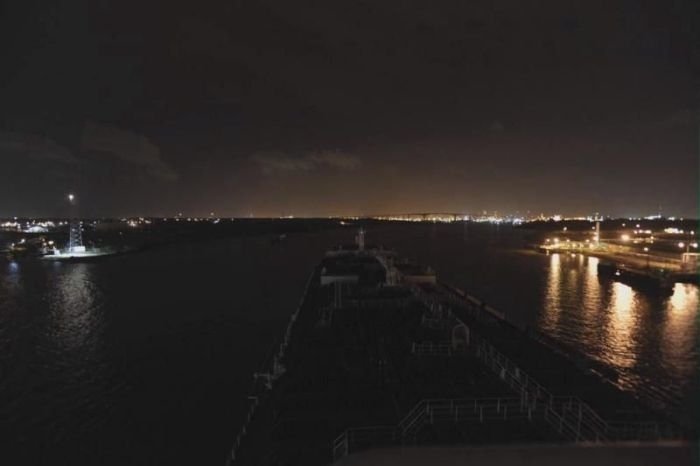|
|
Shipmaster View
|
A ship's captain must have a master's license or certificate, issued by the ship's flag state. Various types of licenses exist, specifying the maximum vessel size indicated in gross tonnage and in what geographic areas the captain can operate. An unlimited master's license or certificate (usually known as a master mariner's certificate) allows the captain to operate any vessel worldwide. Restricted tonnage licenses include vessel categories down to 100 tons gross tonnage and below. Examples of licenses with restricted geographic scope include those issued by the United States Coast Guard for the Great Lakes, inland waters, and near coastal waters or issued by the UK Maritime & Coastguard Agency for near coastal voyages. A candidate for an unlimited master's licenses requires several years of seagoing experience as a deck officer and must have completed various nautical studies at a maritime college or academy.
Responsibilities
The captain ensures that the ship complies with local and international laws as well as company policies. The captain is ultimately responsible for aspects of operation such as the safe navigation of the ship, its cleanliness and seaworthiness, safe handling of all cargo, management of all personnel, inventory of ship's cash and stores, and maintaining the ship's certificates and documentation.
|
|









